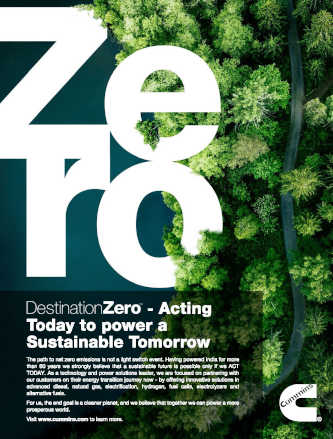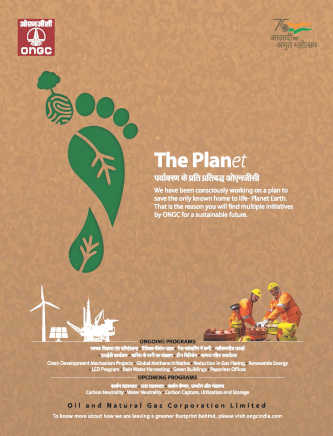India has rubbished the reports that it has signed the Action Agenda on Sustainable Agriculture at the COP26 climate summit in Glasgow as ‘baseless’ and ‘factually incorrect’. A COP26 release has mentioned that India had also signed the Agreement. “All continents were represented, with countries including India, Colombia, Vietnam, Germany, Ghana, and Australia,” said the UK’s COP26 release. But India’s Ministry of Environment has dismissed it. “Certain media reports have stated that India has signed the COP26 Action Agenda on Sustainable Agriculture at the ongoing Climate summit at Glasgow. It is clarified that such statements are baseless and factually incorrect,” said Gaurav Khare, official spokesperson of the Ministry of Environment, Forest and Climate Change, who is part of the Indian delegation at the COP26 summit. “A National Mission for Sustainable Agriculture (NMSA) is one of the Missions within the National Action Plan on Climate Change (NAPCC) that is operational in the country to deal with the issue of climate change. The mission aims to evolve and implement strategies to make Indian agriculture more resilient to the changing climate,” he said. Despite Prime Minister Narendra Modi’s announcement of the country’s net-zero target in 2070, India has stayed away from making any major pledges at the ongoing climate summit. Apart from commitment to sustainable agriculture, India has shied away from similar pledges in coal, methane, and forest. Last week, the UK announced the ‘Global Coal to Clean Power Transition Statement’ agreement where 18 countries and 170 organisations and businesses have initially committed to ending all investments in new coal power generation domestically and internationally. India, the second-largest producer and user of coal, has till now refused to sign a global deal to ditch it, the burning of which is considered to be the single-biggest contributor to climate change. Coal produced around 37 per cent of the world’s electricity as of 2019. India has also distanced itself from the global pledge to cut methane emissions. More than 100 countries have made a pledge to cut methane emission levels by 30 per cent from the 2020 levels by 2030. India, the third-largest source of methane emissions, according to a paper supported by the European Union’s climate change project, believes the commitments it made at the latest summit are sufficient at the moment. Across Asia, methane is largely released in rice cultivation, and is produced in considerable amounts in the digestive system of cows. “It was impossible for India to commit to a drastic reduction of methane, given how large and unorganised our agri sector is. On a central level, the government is still promoting an increase in the number of cows in the country, in a bid to continuously expand the dairy sector,” says a senior Delhi-based policy expert. India is already a member of the Global Methane Initiative (GMI), a voluntary, international partnership that brings together national governments, private sector entities, development banks, NGOs and others in an effort to reduce methane gas emissions. It advances methane recovery and use it as a clean energy source. India has also stayed away from commitment to reverse deforestation and land degradation by the end of the decade. The initiative led by British Prime Minister Boris Johnson has received the support of leaders from more than 100 countries. But India argues that the country’s forest cover is going up steadily.
-

Across Asia, methane is largely released in rice cultivation; Image courtesy: Pixabay























